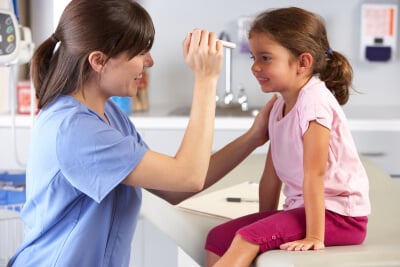
10 Things to Know Before Becoming a Pediatric Nurse
Nurses who make the decision to enter the pediatric nursing field do so for a variety of reasons.
Some do it because they love kids and enjoy taking care of them and watching them grow.
Others do it for the benefits of getting to know families and working with them directly.
Whatever your reasoning for considering a pediatric nursing career, check out these 10 things you should know before becoming a pediatric nurse.
PEDIATRIC NURSING: 10 THINGS YOU SHOULD KNOW
1. You Need to Become an RN First
This may seem obvious, but to become a pediatric nurse, you have to earn your nursing degree and pass your boards.
Then you can find job opportunities in the specialty you want to practice in, including pediatric nursing.
The good news is, nursing jobs should be plentiful, as the Bureau of Labor Statistics projects employment of RNs to grow 16 percent by 2024 — a much stronger national average when compared to other professions.
2. Practice Effective Communication
Knowing how to communicate with a wide range of patients, including teenagers and toddlers, is important.
Not only are you communicating with younger patients, you're also communicating with frantic adults who may be baffled by the medical system.
Kids also pick up fairly quickly on non-verbal cues, so it's important to be aware of body language.
Some kids may be fearful of medical staff; therefore, part of your job as a pediatric nurse becomes helping them feel comfortable and safe.
3. Remember Who You Care For
Laura Wallace, a pediatric nurse at Westwood-Mansfield Pediatric Associates in Massachusetts, says that a big part of her job is working with families directly.
“Clear communication with parents and families is a huge part of coming to work everyday,” she says.
“Not only are you providing medical care to the child, you're also offering emotional care and support to the family as well.”
4. Sharpen Your Clinical Skills
Caring for an adult is a lot different than caring for a child, and most nurses are aware of this when entering the field.
Medication doses are different, and in an emergency or hospital setting, a child's condition can deteriorate quickly.
Staying sharp with pediatric clinical skills is important because you may only have moments to make a life and death decision.